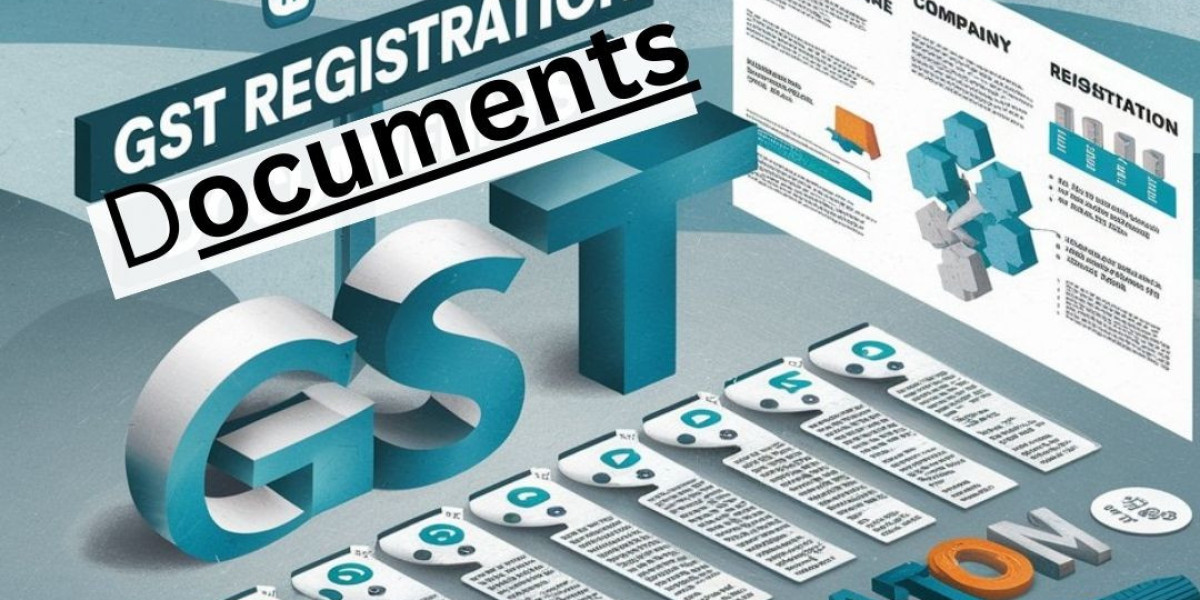Navigating GST registration can seem complex, but with the right guidance, it becomes manageable. I’m Deeksha Khurana from Taxlegit, and I specialize in helping clients like you with GST registration documents. Here’s a step-by-step guide to streamline the process.
Understanding GST Registration
GST (Goods and Services Tax) registration is crucial for businesses to comply with tax regulations. You’ll need to gather several documents to complete your registration smoothly. I’ll walk you through the essentials.
Key GST Registration Documents
- PAN Card: Your Permanent Account Number (PAN) card is essential for GST registration. Ensure it’s up to date and accurately reflects your business name.
- Proof of Business Registration: Depending on your business structure, this might include your partnership deed, incorporation certificate, or registration under the Companies Act.
- Address Proof: Provide proof of the business address. This could be a utility bill, lease agreement, or rent receipt.
- Bank Statement: A recent bank statement or passbook copy showing the business name is required.
- Identity and Address Proof of Proprietor/Partners/Directors: Aadhar card, passport, or voter ID of the individual(s) involved.
- Business Constitution Certificate: If you are a partnership, LLP, or company, include the certificate of registration.
The Trademark Registration Process
trademark registration process is another key aspect of establishing your business identity. This process involves applying for a trademark to protect your brand. While it’s separate from GST, it’s important for your business’s legal standing.
- Trademark Search: Conduct a search to ensure your desired trademark isn’t already taken.
- Application Filing: File your trademark application with the appropriate authorities. This includes submitting the required forms and documents.
- Examination: The trademark office will examine your application. They may request additional information or clarifications.
- Publication: Once approved, your trademark will be published in the trademark journal for opposition.
- Registration: If no opposition arises, you’ll receive a trademark registration certificate.
MSME Registration
Micro, Small, and Medium Enterprises (MSMEs) benefit from special schemes and financial support. For MSME registration, you’ll need the following documents:
- Aadhar Number: For MSME registration, your Aadhar number is essential.
- Business Registration Proof: Similar to GST, this includes partnership deeds, incorporation certificates, etc.
- Bank Account Details: Provide your business bank account information.
- Business Address Proof: Documentation to prove your business location.
Tips for Efficient Documentation
- Organize Your Documents: Keep your documents organized to avoid delays.
- Ensure Accuracy: Double-check details to prevent errors in your registration forms.
- Consult a Professional: For a smooth process, consulting a tax professional like me at Taxlegit can make a big difference.
- Stay Updated: Tax laws and registration requirements can change. Keep yourself informed about any updates.
Conclusion
Gathering and organizing GST registration documents doesn’t have to be overwhelming. With a clear checklist and professional guidance, you can navigate the process smoothly. For personalized assistance, feel free to reach out to me, Deeksha Khurana, at Taxlegit. We provide expert help to ensure your GST registration, trademark, and MSME registrations are handled efficiently. Let’s make your business registration hassle-free!








